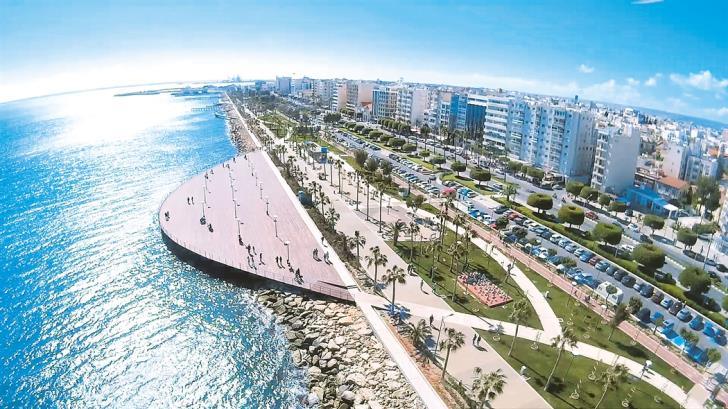Our office spoke over the phone to a Reuters journalist who wondered why there has been no strong reaction from Cyprus to EU proposals such as banning the purchase of real estate by Russians (and Russian companies) in member countries. We have been informed that at this stage there is no provision for rentals, only real estate purchases, but who knows what will follow.
The position of the Republic of Cyprus is that measures against Russia should not affect EU member states more than Russia.
We have seen reduction of tourism from Russia (mainly benefiting Turkey), restriction of companies with Russian interests (see RCB Bank), reduction of staff and an increase in unemployment. What will become of countries like ours that have limited foreign business relationships?
Other countries in the European Union have alternative income and may not be affected by such moves to a great extent, but what about us?
It took more than 30 years to build this Cyprus-Russia relationship in the real estate sector and now we are heading for a complete collapse?
There have been some negative reactions, such as from Italy and Hungary, while in contrast the Baltic countries and Poland insist on taking a tougher stand.
As if this is not enough, charges for pollution are expected, which, according to the Minister of Transport, will result in an estimated reduction in foreign tourism of around 20 per cent due to the increase in the price of flights. This will affect the real estate market too.
Regarding large scale developments, due to the inability of the public service to respond in time to applications it has been proposed that a project manager be appointed to oversee applications, aiming for licences to be issued within 12 months. There is also a provision that this project manager be a civil servant, rather than involving a private firm. Based on past experinces, this will continue to be an ineffective as ever.
So it will cost an investor €10,000 in an advance payment, plus other costs until the issuance of the licence, plus of course the cost of the permits and so on. That is, the investor will have to pay for the weakness of the public service in the hope of a faster response while it is unlikely to be any different.
Giving the same people new roles will not have a different result. With civil servants working limited hours, getting 40 days of leave, extended sick leave and so on, it is impossible for us to understand how the use of civil servants can speed up the process.
This article is republished from the Cyprus Mail website (https://cyprus-mail.com/2022/06/27/things-looking-grim-for-real-estate-sector/)




